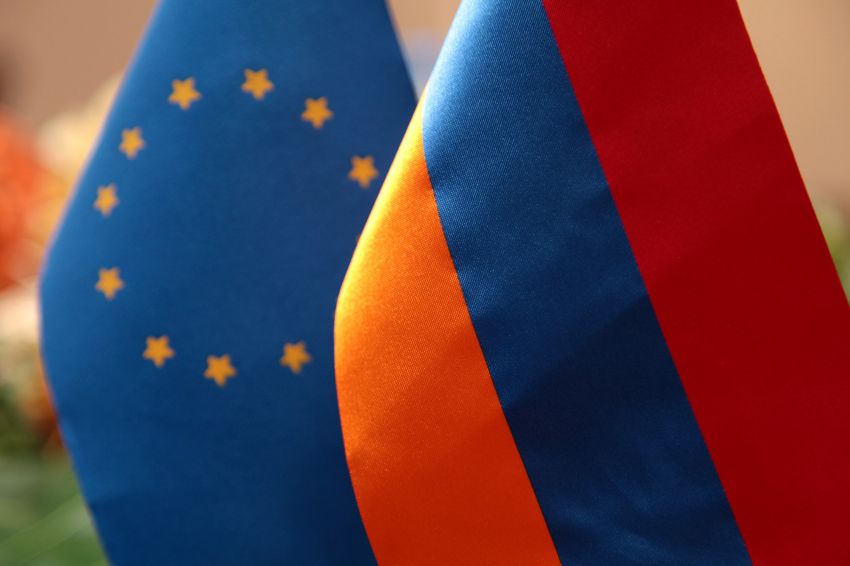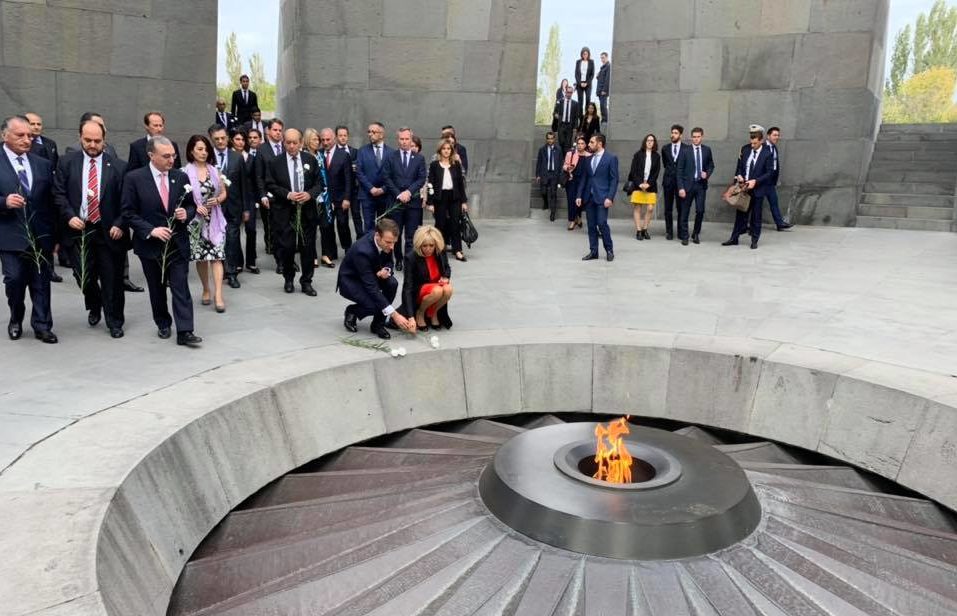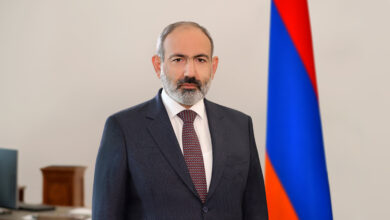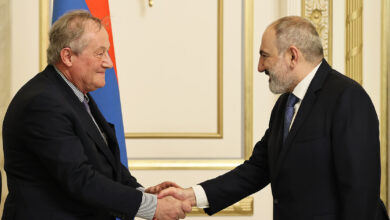
On 12 November 2012, the EU Advisory Group, in cooperation with the EU Delegation to Armenia and the Ministry of Foreign Affairs of Armenia, conducted a seminar entitled “EU Visa Facilitation for Armenia”. The purpose of the seminar was to inform media representatives and selected civil society organizations about the benefits for Armenian citizens from the up-coming EU Visa Facilitation Agreement.
The EU and Armenia initialled the Visa Facilitation Agreement on 18 October 2012 in Brussels. This agreement typically provides procedural facilitations for nationals of specific country without altering the conditions for issuing visas (i.e. the visa applicant must still satisfy the entry conditions).
The Head of EU Division of the Ministry of Foreign Affairs of Armenia emphasized the importance of VFA in the overall context of EU-Armenia relations noting that it will pave the way towards enhanced people to people contacts. He also noted that a dialogue on the visa liberalization for the Armenian citizens will follow the successful implementation of the Agreement.
“We welcome the substantial progress in the negotiations on the Visa Facilitation Agreement. Easier access to visas will improve cooperation and exchanges between EU and Armenia,” stressed the Head of EU Delegation to Armenia, Ambassador Traian Hristea, noting the importance of effectively implementing the agreement.
Visa facilitation between the EU and Armenia would entail the simplification of documentary evidence in support of the visa application, reducing the visa fee to 35 Euro and waiving it for specific categories of travellers, reduced processing time of all visa applications and the possibility of issuing multiple-entry visas with a long period of validity. The eligible categories of travellers include journalists, students, participants in cultural, artistic and sport exchanges, civil society organizations and persons travelling for medical reasons and others. The Visa Facilitation Agreement does not regulate conditions related to biometric passports.
The seminar also touched upon the links between the Visa Facilitation Agreement with the closely related EU Readmission Agreement and the role of the EU Schengen Consulates in the implementation of the Visa Facilitation Agreement.








